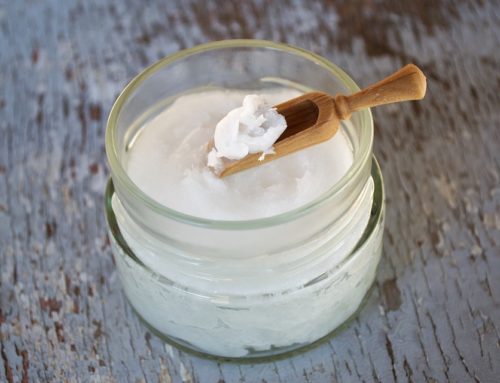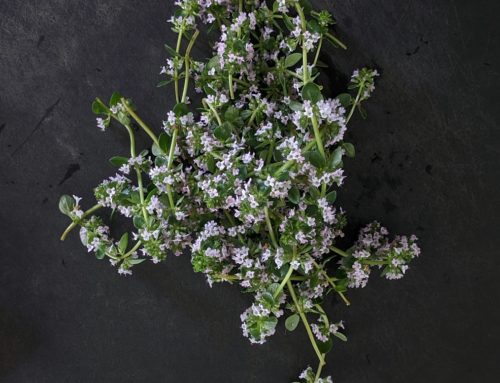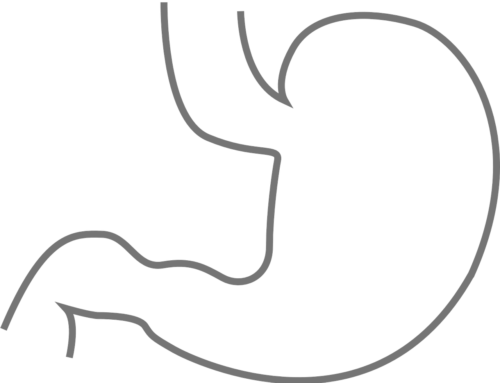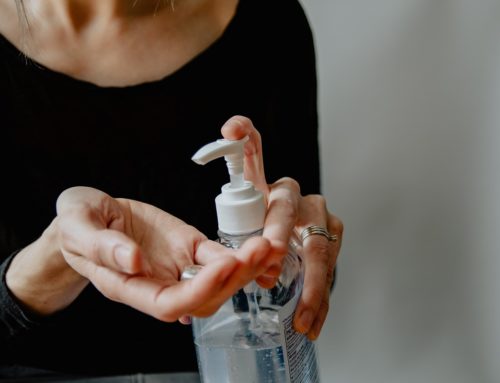Compare the number of deaths per million inhabitants of Belgium, Germany, Luxembourg, the Netherlands, France and Austria with countries where coconut oil or coconuts are eaten in large quantities. Update of 08.09.2020
| Number of deaths per million inhabitants as a result of Corona | |
| A number of European countries | |
| Belgium | 855 |
| Germany | 112 |
| France | 473 |
| Luxemburg | 197 |
| The Netherlands | 365 |
| Spain | 636 |
| Countries with high coconut consumption | |
| Philippines | 39 |
| Fiji Islands | 2 |
| Indonesia | 34 |
| Malaysia | 4 |
| Singapore | 5 |
| Official remedy: coconut oil for treatment and prevention | |
| Sri Lanka | 0,6 |
| Thailand | 0,8 |
| Vietnam | 0,4 |
Sri Lanka is the country where by far the most coconuts per inhabitant in the world are consumed, namely 72.5 kg per inhabitant. It is also a country where hardly any deaths have occurred as a result of Corona or Covid-19: 0.6 deaths per million inhabitants. And this in a country with almost 22 million inhabitants. Congratulations Sri Lanka!
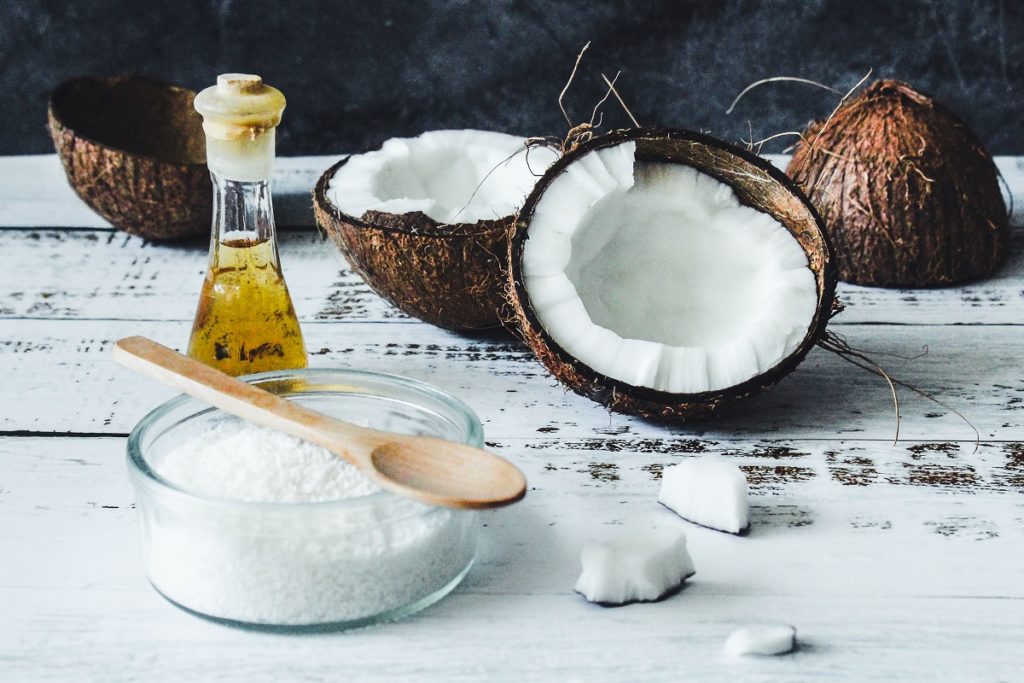
The coconut connection?
Coconuts hate viruses. For over 50 years, coconut oil has been known for its ability to get to grips with gram-positive bacteria and viruses by means of a fat protective layer. Numerous fatty acids in coconut oil help our immune system to destroy viruses and bacteria. The following fatty acids in coconut oil have a strong antimicrobial action: lauric acid (C-12), capric acid (C-10), caprylic acid (C-8), hexanoic acid (C-6) and myristic acid (C-16). These make up more than 70% of the fatty acids in coconut oil.
Which viruses hate coconut oil? SARS-CoV-2 perhaps and many enveloped viruses
Which enveloped viruses are knocked out by coconut oil? These include HIV-1, Hepatitis C, Herpes simplex, Herpes viridae, cytomegalo, Epstein-Barr, Influenza, Measles (Rubella), Leukemia, pneumono, sarcoma, syncytial, vesicular stomatitis and visnac.
In the US, the US Environmental Protection Agency provides guidelines for emerging viral pathogens on the criteria disinfectants must meet in order to be considered effective against an emerging pathogen.
The efficacy criteria are based on the ease with which the three types of viruses – enveloped viruses, large non-enveloped viruses and small non-enveloped viruses – are inactivated by disinfectants. According to EPA, when a disinfectant ‘easily’ inactivates the three types of viruses, it can be considered effective against an emerging pathogen.
| Viruses that are difficult to kill: | Small NON-enveloped viruses |
| Pretty hard to kill viruses: | Large NON-enveloped viruses |
| Easy to kill viruses: | Enveloped viruses |
So staying at home is really bad advice.
SARS-CoV-2, the virus responsible for the COVID-19 outbreak, is an ‘enveloped virus’ and therefore the easiest to kill of the three types of virus. Corona viruses are miniscule (65-125 nm in diameter) encapsulated viruses with a crown-like appearance. SARS-CoV-2 can live up to 72 hours on stainless steel, glass and plastic. On copper for only 4 hours At 4°C, the virus still ‘feels’ perfect. Corona does not like heat and ultraviolet radiation. So staying at home is really bad advice. Going outside, enjoying the sun and a strong drink would have been better. Lipid solvents inactivate enveloped viruses such as Covid-19. For example, alcohol and coconut oil.
Which coconut oil or MCT oil to buy?
Organic and extra virgin coconut oil are the most powerful to carry out this job. The more processed, such as deodorised coconut oil, the less I recommend. Organic MCT oil is also highly recommended. These contain up to 100% anti-microbial fatty acids. Organic, because you don’t want to burden your body with pesticides. Which hand gel or which soap? Hand gels do more harm than good. Read my articles about hand gels. Use hand gels as little as possible. A natural organic soap derived from plant oil (instead of petroleum) can dissolve the double layer of the Corona virus, rendering SARS-CoV-2 harmless.



